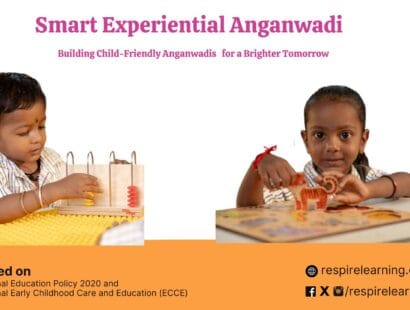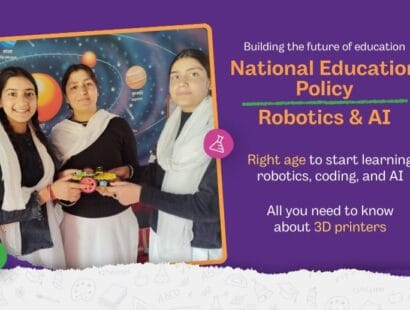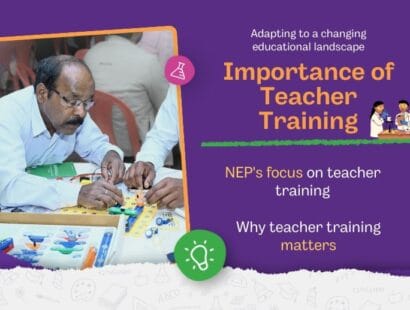The benefits of experiential learning for children’s education and development.
STEM Education
Experiential learning is an educational approach that involves active and hands-on learning experiences, where students learn by doing and reflecting on their experiences. This approach has gained popularity in recent years, and for good reason. In this blog, we will explore the benefits of experiential learning for children's education and development.
- Enhances Retention of Knowledge:
Experiential learning is a highly effective way of enhancing retention of knowledge among children. When children actively engage in hands-on learning experiences, they are more likely to remember and retain the information they learn. This is because they are not just learning concepts, but also developing a deeper understanding of how they work in real-world situations. - Develops Critical Thinking and Problem-Solving Skills:
Experiential learning helps develop critical thinking and problem-solving skills among children. When children engage in STEM activities that require them to solve problems, they learn to think critically and analyze situations from different perspectives. This helps them develop essential problem-solving skills that they can apply in all areas of their lives. - Encourages Collaboration and Communication:
Experiential learning also encourages collaboration and communication among children. When children work on group projects, they learn to communicate effectively and work together towards a common goal. This helps them develop social and emotional skills, such as teamwork, leadership, and empathy, which are essential for success in life. - Increases Motivation and Engagement:
Experiential learning is more engaging and motivating for children compared to traditional teaching methods. When children are actively engaged in hands-on learning experiences, they are more motivated to learn and are more likely to be interested in the subject matter. This can help improve their overall academic performance and instill a love for STEM learning that will stay with them throughout their lives. - Builds Confidence and Self-Esteem:
Experiential learning can also help build children's confidence and self-esteem. When children successfully complete hands-on learning activities, they feel a sense of accomplishment, which boosts their self-confidence and self-esteem. This can help them develop a positive self-image, which is essential for success in life.
In conclusion, experiential learning is a highly effective educational approach that can benefit children's education and development in numerous ways. It enhances retention of knowledge, develops critical thinking and problem-solving skills, encourages collaboration and communication, increases motivation and engagement, and builds confidence and self-esteem. Therefore, it is essential that experiential learning is incorporated into the STEM education system to provide children with a well-rounded education that prepares them for success in life.


